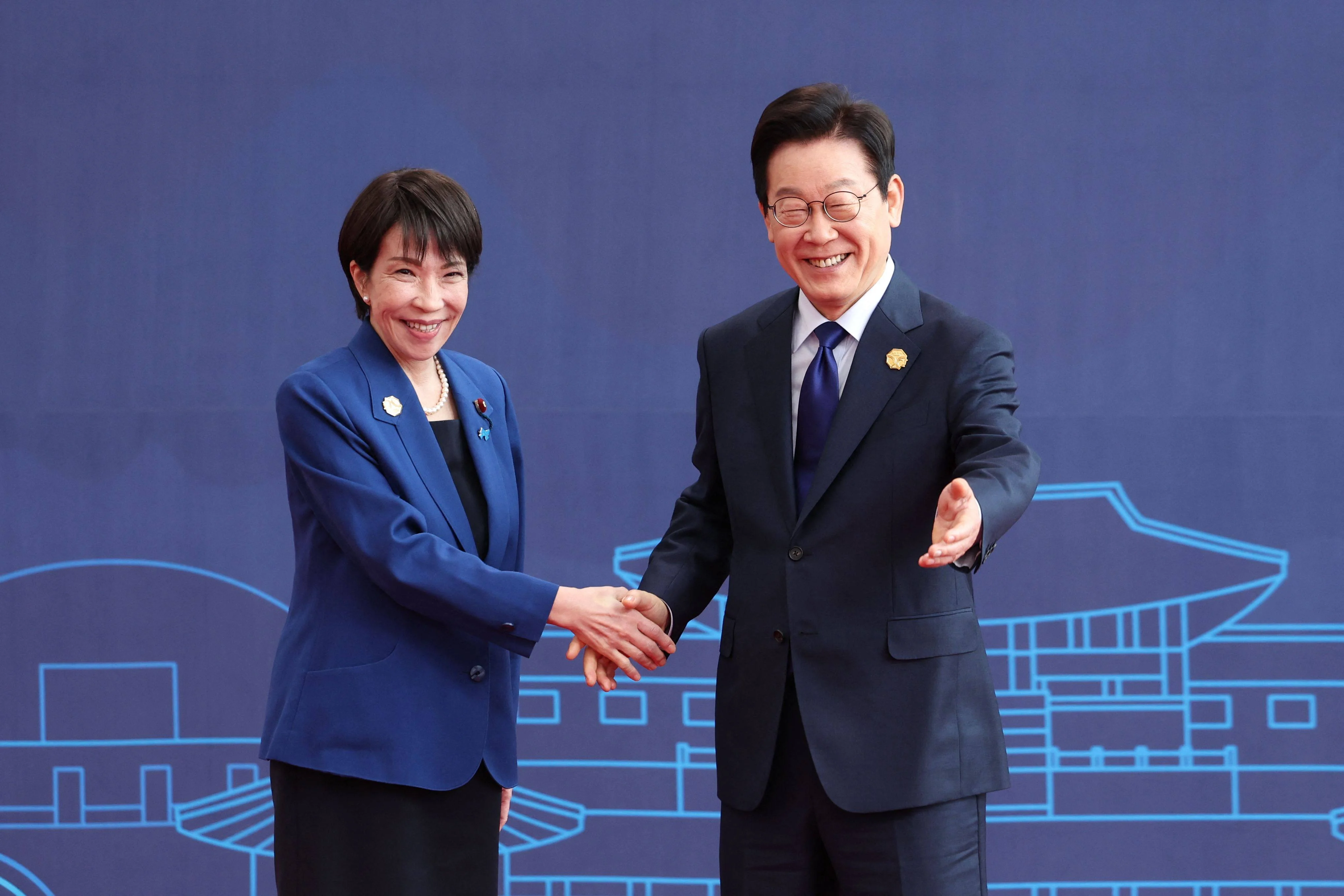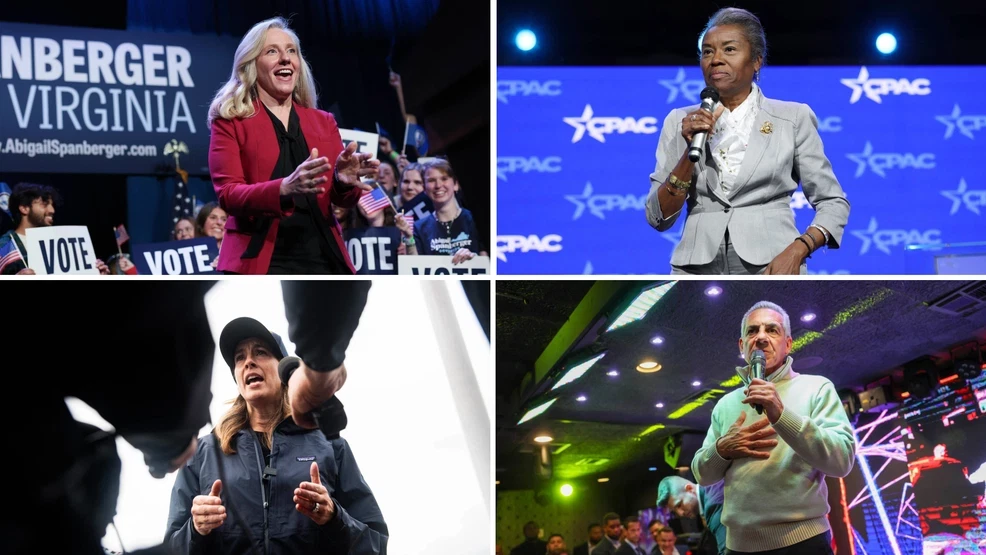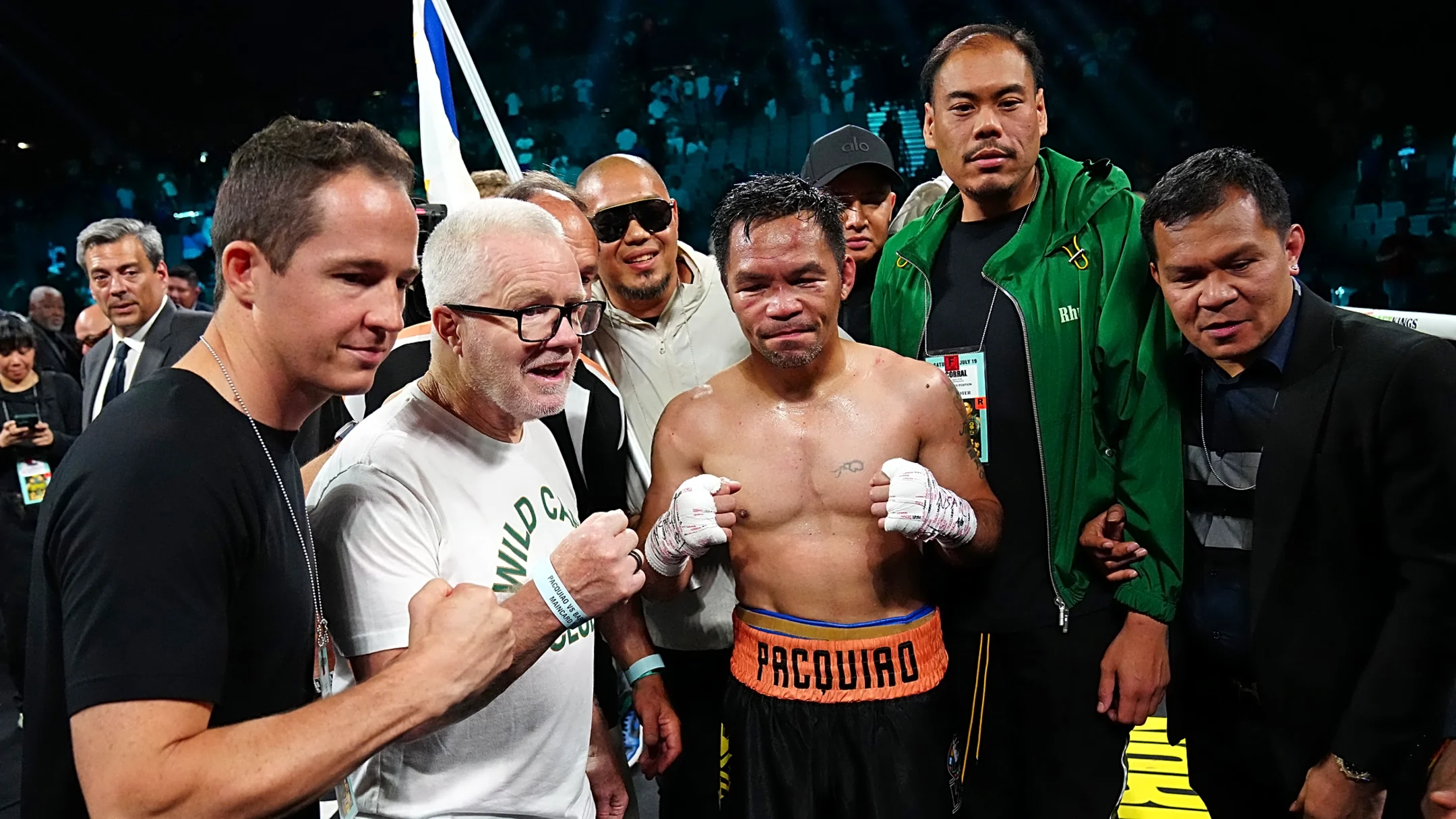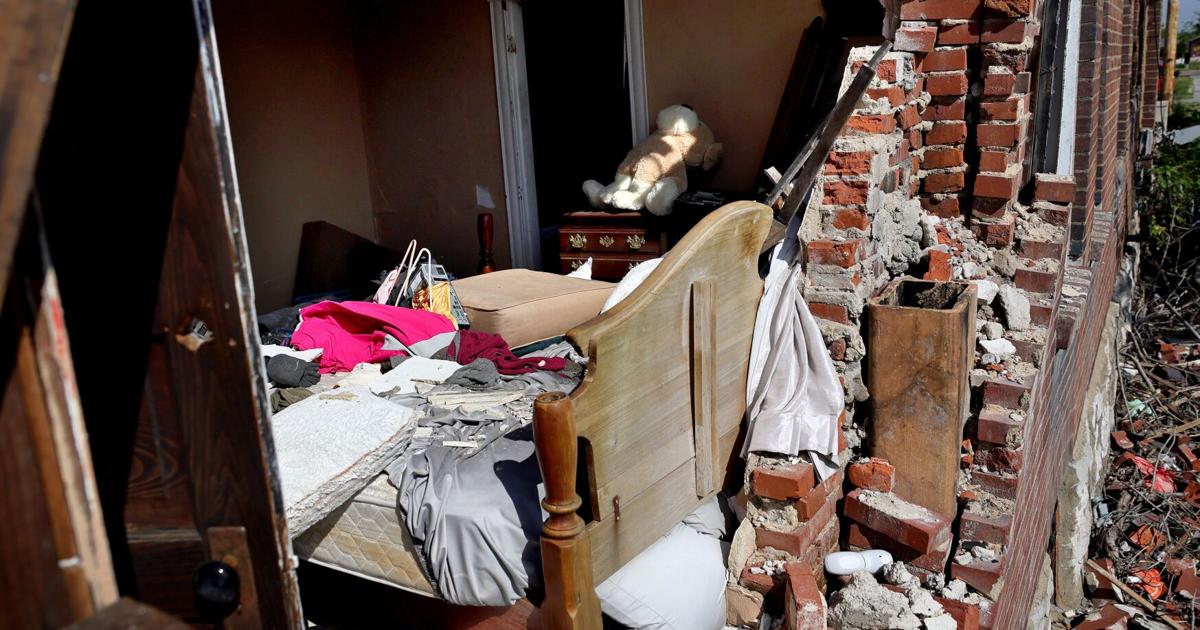Copyright scmp

The first meeting between Japanese Prime Minister Sanae Takaichi and South Korean President Lee Jae-myung could not have gone off to a better start, with analysts noting the two leaders’ warm rapport sealed with handshakes, smiles and vows to look to the future. While they projected goodwill during their summit ahead of the Apec forum in the South Korean city of Gyeongju on Thursday, long-standing tensions over history and territorial disputes, and domestic political pressures arising from the bilateral ties are likely to resurface at some point, according to analysts. “For now, they appear to be putting very positive faces on, but there are a lot of potential obstacles ahead,” said Ben Ascione, an assistant professor of politics and international relations at Tokyo’s Waseda University. “When Takaichi was first elected head of the Liberal Democratic Party and then prime minister, there was a lot of fear that this was going to spell doom”, following recent progress in Tokyo’s relations with Seoul and Beijing, Ascione told This Week in Asia. There have been concerns that her position on the region’s shared history, her past visits to the controversial Yasukuni Shrine in Tokyo and the right flank of her Liberal Democratic Party ignoring “Japan’s colonial and historic transgressions” could cause friction between Japan and its neighbours, he added. While it was still early in their diplomatic relationship, the two leaders’ focus on the future rather than the past was a positive, Ascione said. “They avoided the worst possible outcome in their first meeting, but it remains to be seen whether this cooperation will be substantive and can be solidified under Takaichi’s leadership,” he said. In their first summit, just before the opening of the Asia-Pacific Economic Cooperation forum, Takaichi and Lee agreed to strengthen existing cooperation and shuttle diplomacy between Tokyo and Seoul. Takaichi, who was elected prime minister nine days earlier and was facing her second major diplomatic test after hosting US President Donald Trump in Tokyo on Tuesday, described the two countries as “important neighbours”. She also used the occasion to underline the growing importance of the three-way security cooperation with the US at a time of challenges to regional security. In return, Lee said Japan and South Korea were “neighbours who share many similarities” and should work together to boost ties at a time of worsening global uncertainty. Both leaders described their discussions as cordial and forward-looking and spoke about the possibility of Tokyo hosting their next face-to-face meeting. Neither Takaichi nor Lee made any mention of wartime “comfort women,” Koreans who were forced to work in Japanese mines and heavy industries during Tokyo’s colonial control of the peninsula or ongoing disagreements over the sovereignty of islands in the disputed Sea of Japan, or East Sea, analysts have noted. Leif-Eric Easley, a professor of international studies at Ewha Womans University in Seoul, said the two leaders had opted for a pragmatic approach. “The theme of the Lee-Takaichi summit was ‘if it’s fixed, don’t break it’,” he said. “Both leaders deserve credit for their pragmatism in putting economic and security interests above partisan politics and contested history.” That was echoed in the South Korean media, with an opinion article in the Chosun newspaper suggesting Takaichi had adopted a “pragmatic diplomatic framework”. It pointed out that Takaichi had already skipped one opportunity since being elected prime minister this month to pay her respects at Yasukuni, where the souls of Japan’s war dead include 14 class A war criminals. Japanese media took a similar position, with the left-leaning Asahi applauding the prime minister for getting the relationship “off to a safe start” and the Nikkei Shimbun mentioning the two leaders’ “realist diplomacy”. The media outlets in the two countries have also emphasised that it is of critical importance for Tokyo and Seoul to form a firm alliance due to the common security challenges they face and Washington’s inconsistent approach to regional security and diplomacy. “My first impressions are quite positive,” said Hiromi Murakami, a professor of political science at the Tokyo campus of Temple University. “Before they met, there were concerns that Takaichi might take a harder line or even act provocatively, but as far as we can tell, she has been very careful and reserved. “Takaichi is, of course, worried about the security situation in the region and wants to build on the trilateral alliance with the US and South Korea. This was an important first step in achieving that.” The real test will come when the first bumps of their relationship surface, according to Murakami. “The same issues that caused problems in the past still exist. But it is the same for Lee, and it will be in his best interests to also try to avoid those issues and quickly overcome them when they need to. They will both need to be pragmatic.”



